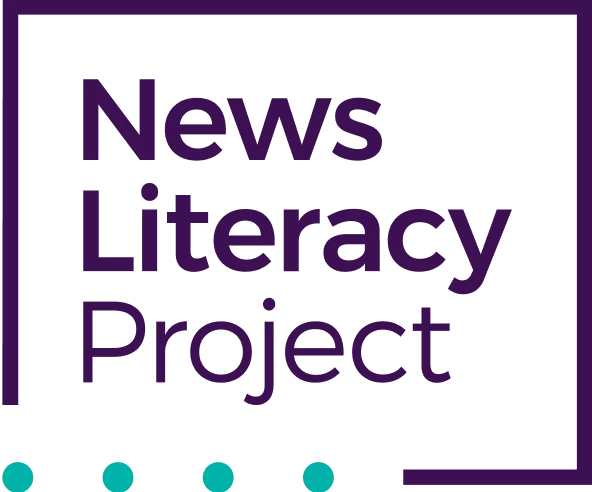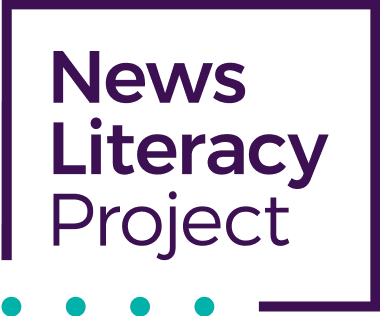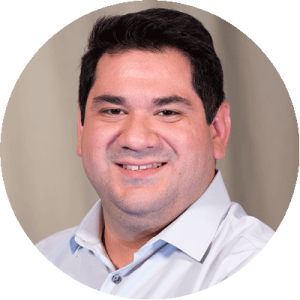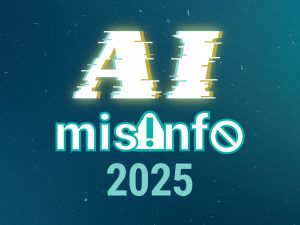Statement: Base proposed voting measures on facts, not falsehoods
As numerous states consider steps to change the way voters participate in elections, we urge elected officials to base their actions on credible evidence.
We believe that the right to vote is an essential act of an informed citizenry. But legislation premised on widespread disinformation about the 2020 election — including baseless voter fraud claims and conspiracy theories — runs counter to our values and would do lasting harm to voting rights, which are among the most sacrosanct tenets of American democracy.
In a joint statement in November, two federal election security agencies assured the public that the 2020 election was ‘“the most secure in American history.” They noted: “While we know there are many unfounded claims and opportunities for misinformation about the process of our elections, we can assure you we have the utmost confidence in the security and integrity of our elections.”
NLP’s work is rooted in the belief that facts are essential to making sound decisions. That’s why we’re calling on legislators to weigh whether proposed laws represent a response to demonstrated problems with existing voting infrastructure and procedures. While we welcome changes that improve the fairness, transparency and accessibility of elections, we oppose laws based on disproven allegations and manufactured narratives that place unnecessary burdens and restrictions on Americans’ right to elect their leaders and hold them accountable.
The last election saw the largest voter turnout since 1900, and as supporters of an engaged and well-informed voting public, we will continue our work to ensure that people know how to recognize fact from fiction and to use that knowledge to exercise their democratic rights.
